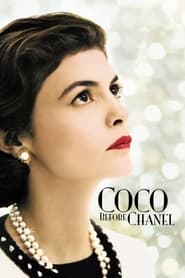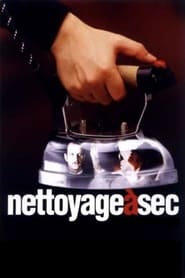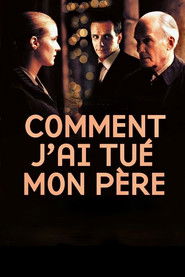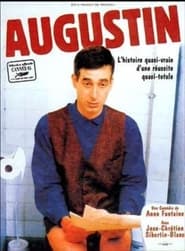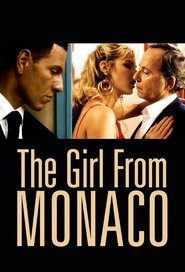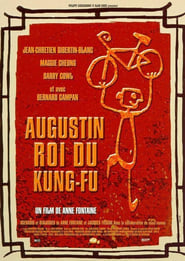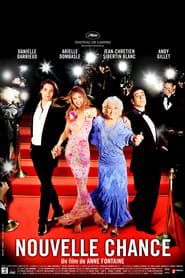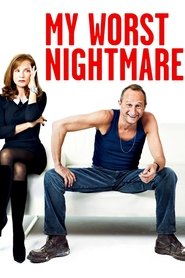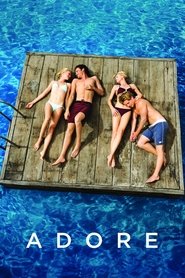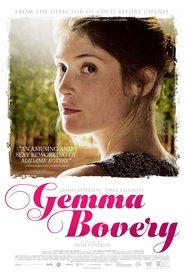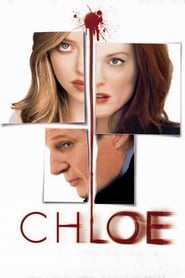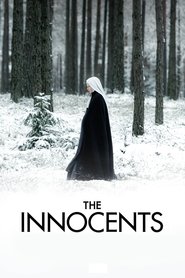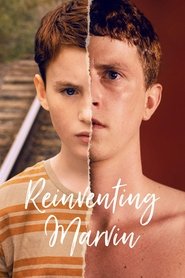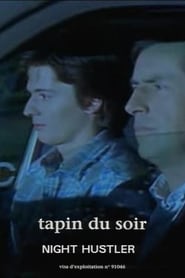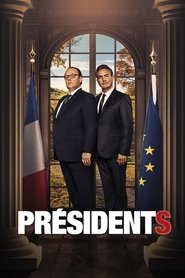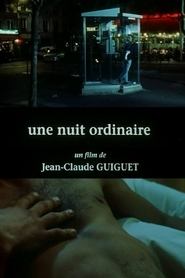Anne Fontaine (born in Luxembourg, 1959) is a filmmaker and screenwriter who used to be an actor. She lives and works in France.
Born Fontaine Sibertin-Blanc, sister of actor Jean-Chrétien Sibertin-Blanc, she went as a young child to live in Lisbon, where her father, Antoine Sibertin-Blanc, is a music professor and cathedral organist. In adolescence she moved to Paris and trained in dance with Joseph Russillo while continuing her academic education, including philosophy. Her husband is Philippe Carcassonne, the film producer, and they have an adopted son who was born in Vietnam.
While still dancing, she was picked by Robert Hossein to play Esmeralda in a 1980 theatrical production of The Hunchback of Notre Dame and around this time started to use the name Anne Fontaine. She continued with acting and became known for her roles in comedies like Si ma gueule vous plaît... (1981) and P.R.O.F.S.(1985). An opportunity to be assistant director came with a 1986 stage version of Céline's Voyage au bout de la nuit (Journey to the End of the Night) at the Renaud-Barrault theatre.
Fontaine's first project as solo director, Les histoires d'amour finissent mal... en général (Love Affairs Usually End Badly), won the 1993 Prix Jean Vigo (prize). In 1995, she worked with her brother on the comic Augustin. Two years later, she wrote and directed the successful Nettoyage à Sec (Dry Cleaning). This won the Best Screenplay award at the Venice Film Festival 1997 and is generally considered a milestone on Fontaine's way to becoming "an important figure in contemporary French cinema".
In 1999 the character Augustin (Jean-Chrétien Sibertin-Blanc) re-appeared in Fontaine's film Augustin, Roi Du Kung-Fu (Augustin, King of Kung-Fu). Comment j'ai tué mon père (How I Killed My Father) was released in 2001, and Nathalie... followed in 2003. The 2005 film, Entre Ses Mains (In His Hands) has been widely described as a thriller: an "intimate thriller" according to Fontaine herself. A third Augustin film, Nouvelle chance (also known as Oh La La) was released in 2006. Then came La fille de Monaco (The Girl From Monaco) in 2008 and Coco avant Chanel (Coco Before Chanel), her biopic of Coco Chanel, in 2009.
Fontaine's work is not easily categorised, though the phrase "psychological drama" is often used. She told a UK newspaper, "I try to work on my characters' blind side, in a kind of Freudian way: to ask, 'What are the things about themselves that they're unaware of?' I'm fascinated by the irony of fate, when something goes into a skid. All my stories have an element of cruelty in them."
Description above from the Wikipedia article Anne Fontaine (filmmaker), licensed under CC-BY-SA, full list of contributors on Wikipedia.
Born Fontaine Sibertin-Blanc, sister of actor Jean-Chrétien Sibertin-Blanc, she went as a young child to live in Lisbon, where her father, Antoine Sibertin-Blanc, is a music professor and cathedral organist. In adolescence she moved to Paris and trained in dance with Joseph Russillo while continuing her academic education, including philosophy. Her husband is Philippe Carcassonne, the film producer, and they have an adopted son who was born in Vietnam.
While still dancing, she was picked by Robert Hossein to play Esmeralda in a 1980 theatrical production of The Hunchback of Notre Dame and around this time started to use the name Anne Fontaine. She continued with acting and became known for her roles in comedies like Si ma gueule vous plaît... (1981) and P.R.O.F.S.(1985). An opportunity to be assistant director came with a 1986 stage version of Céline's Voyage au bout de la nuit (Journey to the End of the Night) at the Renaud-Barrault theatre.
Fontaine's first project as solo director, Les histoires d'amour finissent mal... en général (Love Affairs Usually End Badly), won the 1993 Prix Jean Vigo (prize). In 1995, she worked with her brother on the comic Augustin. Two years later, she wrote and directed the successful Nettoyage à Sec (Dry Cleaning). This won the Best Screenplay award at the Venice Film Festival 1997 and is generally considered a milestone on Fontaine's way to becoming "an important figure in contemporary French cinema".
In 1999 the character Augustin (Jean-Chrétien Sibertin-Blanc) re-appeared in Fontaine's film Augustin, Roi Du Kung-Fu (Augustin, King of Kung-Fu). Comment j'ai tué mon père (How I Killed My Father) was released in 2001, and Nathalie... followed in 2003. The 2005 film, Entre Ses Mains (In His Hands) has been widely described as a thriller: an "intimate thriller" according to Fontaine herself. A third Augustin film, Nouvelle chance (also known as Oh La La) was released in 2006. Then came La fille de Monaco (The Girl From Monaco) in 2008 and Coco avant Chanel (Coco Before Chanel), her biopic of Coco Chanel, in 2009.
Fontaine's work is not easily categorised, though the phrase "psychological drama" is often used. She told a UK newspaper, "I try to work on my characters' blind side, in a kind of Freudian way: to ask, 'What are the things about themselves that they're unaware of?' I'm fascinated by the irony of fate, when something goes into a skid. All my stories have an element of cruelty in them."
Description above from the Wikipedia article Anne Fontaine (filmmaker), licensed under CC-BY-SA, full list of contributors on Wikipedia.
Show more expand_more
keyboard_double_arrow_down
